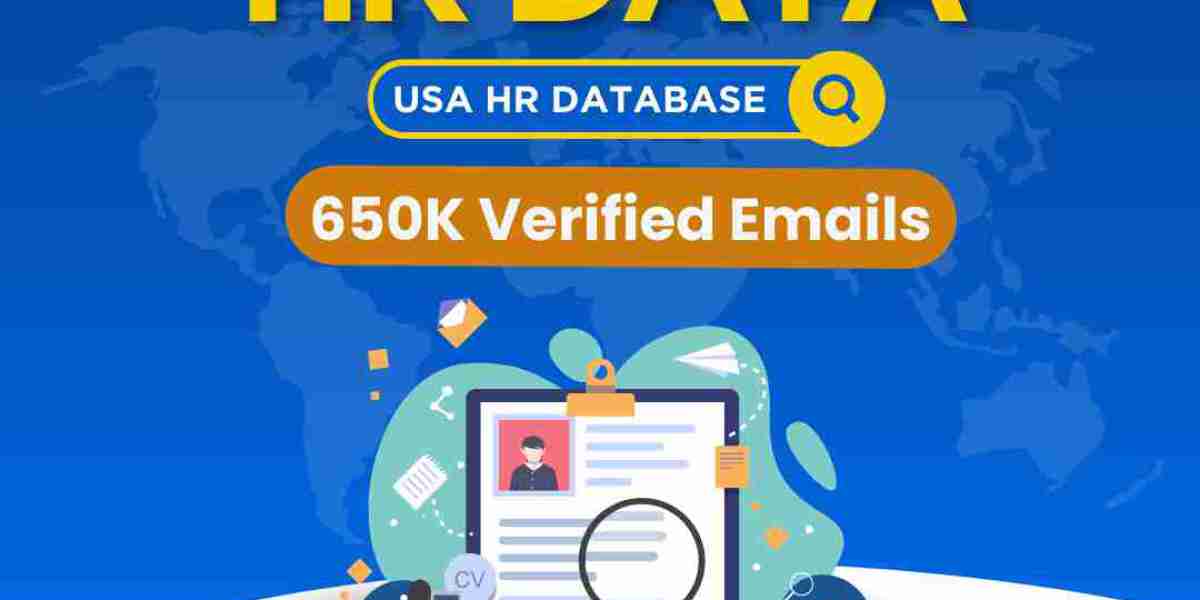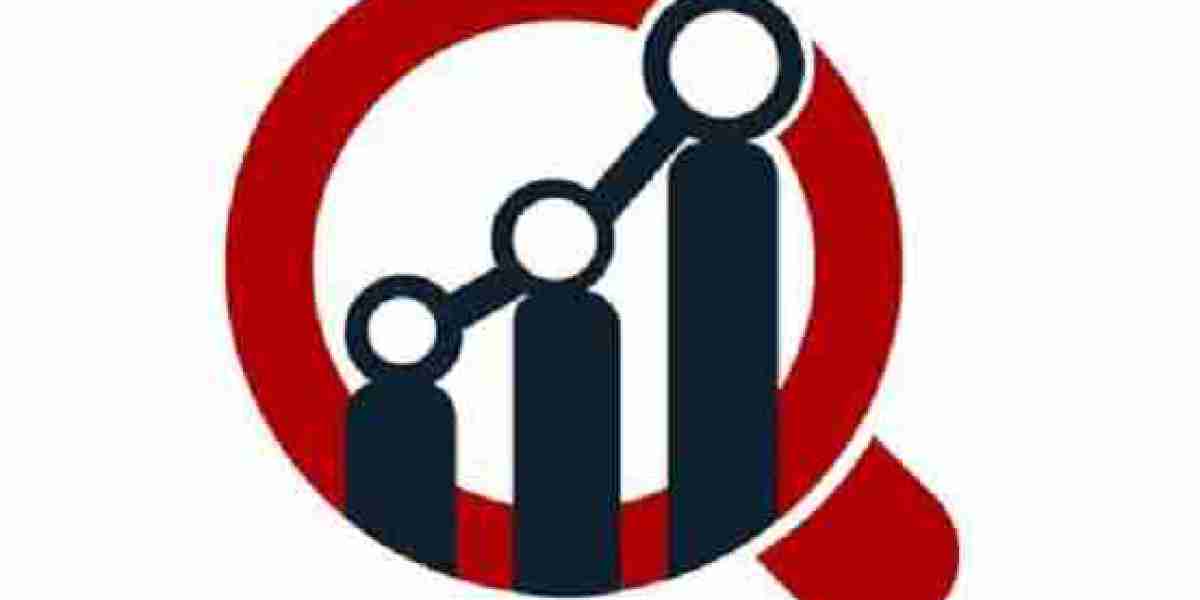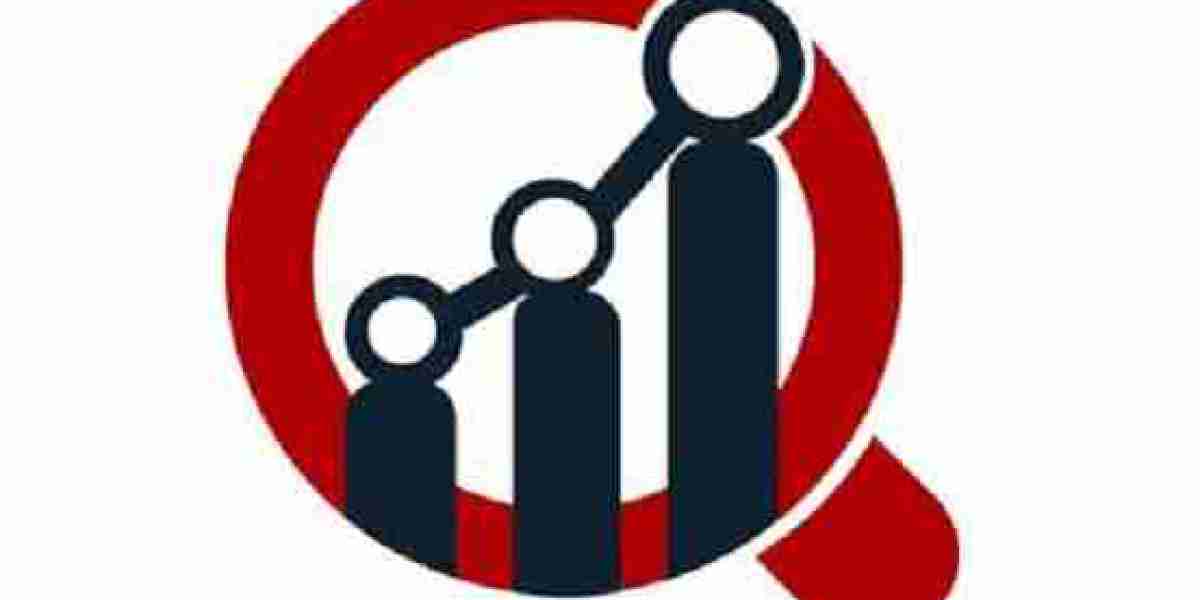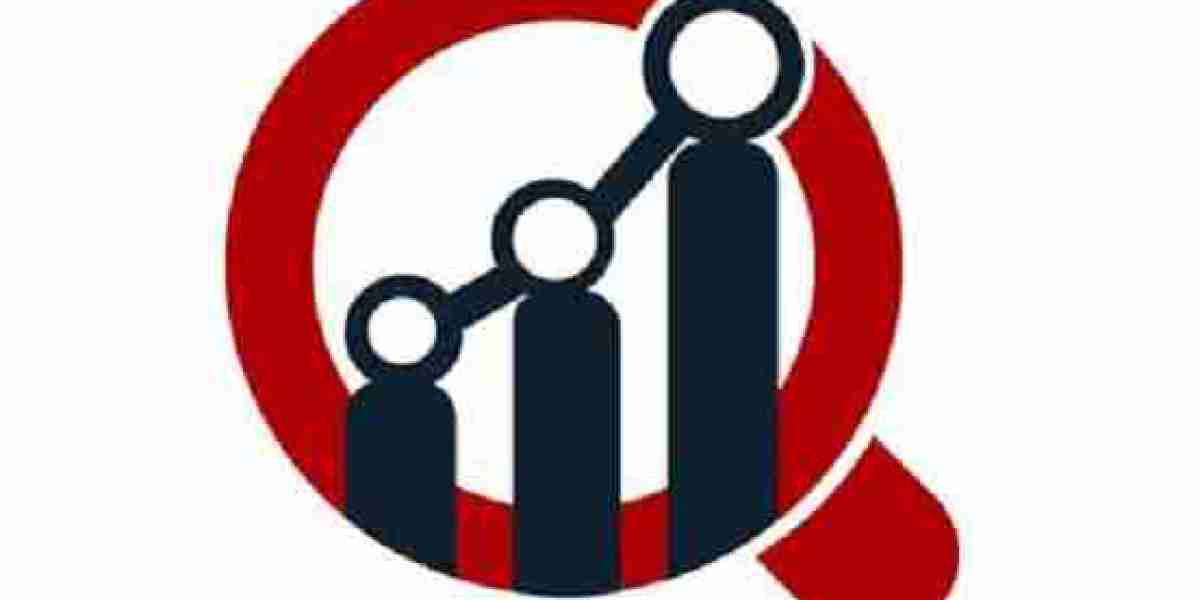In today's dynamic business landscape, where talent acquisition and management are crucial for organizational success, having access to a quality HR email list can be a game-changer. HR professionals and recruiters rely on email communication extensively to connect with potential candidates, streamline hiring processes, and foster employee engagement. In this article, we delve into the intricacies of HR email lists, exploring their significance, strategies for building and managing them effectively, and future trends shaping this domain.
Introduction to HR Email Lists
HR email lists comprise contact information of HR professionals, recruiters, and potential job candidates within specific industries, geographical locations, or job roles. These lists serve as invaluable resources for organizations seeking to expand their talent pool, strengthen employer branding, and facilitate seamless communication within the HR ecosystem.
Importance of HR Email Lists
The significance of HR mailing lists cannot be overstated in today's competitive job market. By maintaining comprehensive databases of HR contacts, companies can swiftly disseminate job openings, invitations to recruitment events, and pertinent industry updates. Moreover, HR email lists enable targeted outreach, ensuring that messages reach the right audience, thereby maximizing response rates and engagement.
Types of HR Email Lists
HR email lists come in various forms, catering to diverse needs and preferences:
Industry-specific Lists
These lists focus on professionals working within specific sectors such as IT, healthcare, finance, or manufacturing. Industry-specific lists enable organizations to tailor their communications according to the unique requirements and trends prevalent in each sector.
Job Title-based Lists
Targeting individuals based on their job roles and responsibilities is another common approach. Job title-based lists may include categories such as HR managers, talent acquisition specialists, or learning and development professionals, allowing for precise targeting of relevant stakeholders.
Geographical Lists
For businesses operating in multiple locations or targeting candidates within specific regions, geographical lists provide a localized approach. These lists can be segmented by country, state, city, or even zip code, facilitating hyper-targeted outreach efforts.
How to Build an HR Email List
Building a robust HR email list requires a strategic approach and a combination of online and offline tactics:
Utilizing Company Websites
Organizations can leverage their corporate websites to capture email addresses through opt-in forms, subscription pop-ups, or gated content offerings such as whitepapers or webinars. Offering valuable resources in exchange for contact information can incentivize visitors to join the mailing list.
Networking Events and Conferences
Attending industry events, trade shows, and professional conferences presents an excellent opportunity to network with HR professionals and collect business cards or contact details. Following up promptly after such events is crucial to maintain engagement and nurture potential leads.
Using Social Media Platforms
Social media platforms like LinkedIn, Twitter, and Facebook offer powerful tools for expanding your HR network and connecting with industry peers. Engaging in relevant groups and discussions, sharing informative content, and participating in online forums can help attract like-minded professionals to your email list.
Benefits of Having a Quality HR Email List
A well-curated HR email list offers numerous benefits for organizations:
Enhanced Communication
By maintaining a direct line of communication with HR professionals and job seekers, companies can convey important messages promptly, fostering transparency and trust.
Streamlined Recruitment Process
HR email lists expedite the recruitment process by enabling recruiters to reach out to qualified candidates efficiently, reducing time-to-hire and minimizing resource allocation for talent acquisition activities.
Targeted Marketing Campaigns
Segmenting HR email lists based on demographics, job roles, or interests allows for highly personalized marketing campaigns. Tailoring content and offers to specific audience segments enhances relevance and engagement, leading to higher conversion rates.
Best Practices for Managing HR Email Lists
To maximize the effectiveness of HR email lists, organizations should adhere to the following best practices:
Regular Updates and Maintenance
Periodically review and update contact information to ensure accuracy and relevance. Remove inactive subscribers and monitor email deliverability metrics to maintain list hygiene.
Segmentation and Personalization
Segment your email list based on criteria such as job function, location, or engagement level, and tailor your communications accordingly. Personalizing email content increases relevance and resonance with recipients.
Compliance with Data Protection Regulations
Stay abreast of data protection laws such as GDPR and CCPA to ensure compliance when collecting, storing, and using personal information. Obtain consent from subscribers and provide clear opt-out mechanisms to respect their privacy preferences.
Common Challenges and Solutions
While HR email lists offer immense potential, they also pose certain challenges:
Low Open Rates and Engagement
Combat low engagement by optimizing email content for relevance and value. A/B testing subject lines, experimenting with send times, and leveraging personalization techniques can boost open rates and click-through rates.
Maintaining Data Accuracy
Regularly audit and clean your email list to remove duplicate or outdated contacts. Implement automated tools and processes to verify email addresses and update contact information proactively.
Ensuring GDPR Compliance
Seek legal counsel to ensure that your email marketing practices comply with GDPR. Obtain explicit consent from subscribers, provide transparent privacy policies, and honor opt-out requests promptly.
Future Trends in HR Email List Management
The landscape of HR email list management is continually evolving, driven by technological advancements and shifting market dynamics:
AI-Powered List Management Tools
Artificial intelligence and machine learning algorithms are revolutionizing list management by offering predictive analytics, automated segmentation, and personalized content recommendations.
Integration with CRM Systems
Integrating HR email lists with customer relationship management (CRM) systems enables seamless data synchronization and enhances visibility into candidate interactions across multiple touchpoints.
Conclusion
In conclusion, HR email lists represent a cornerstone of modern talent acquisition and management strategies. By leveraging the power of targeted communication, organizations can cultivate stronger relationships with HR professionals and job seekers, driving recruitment success and fostering long-term engagement. Embracing best practices, staying abreast of regulatory requirements, and embracing emerging technologies will be key to harnessing the full potential of HR email lists in the digital age.







